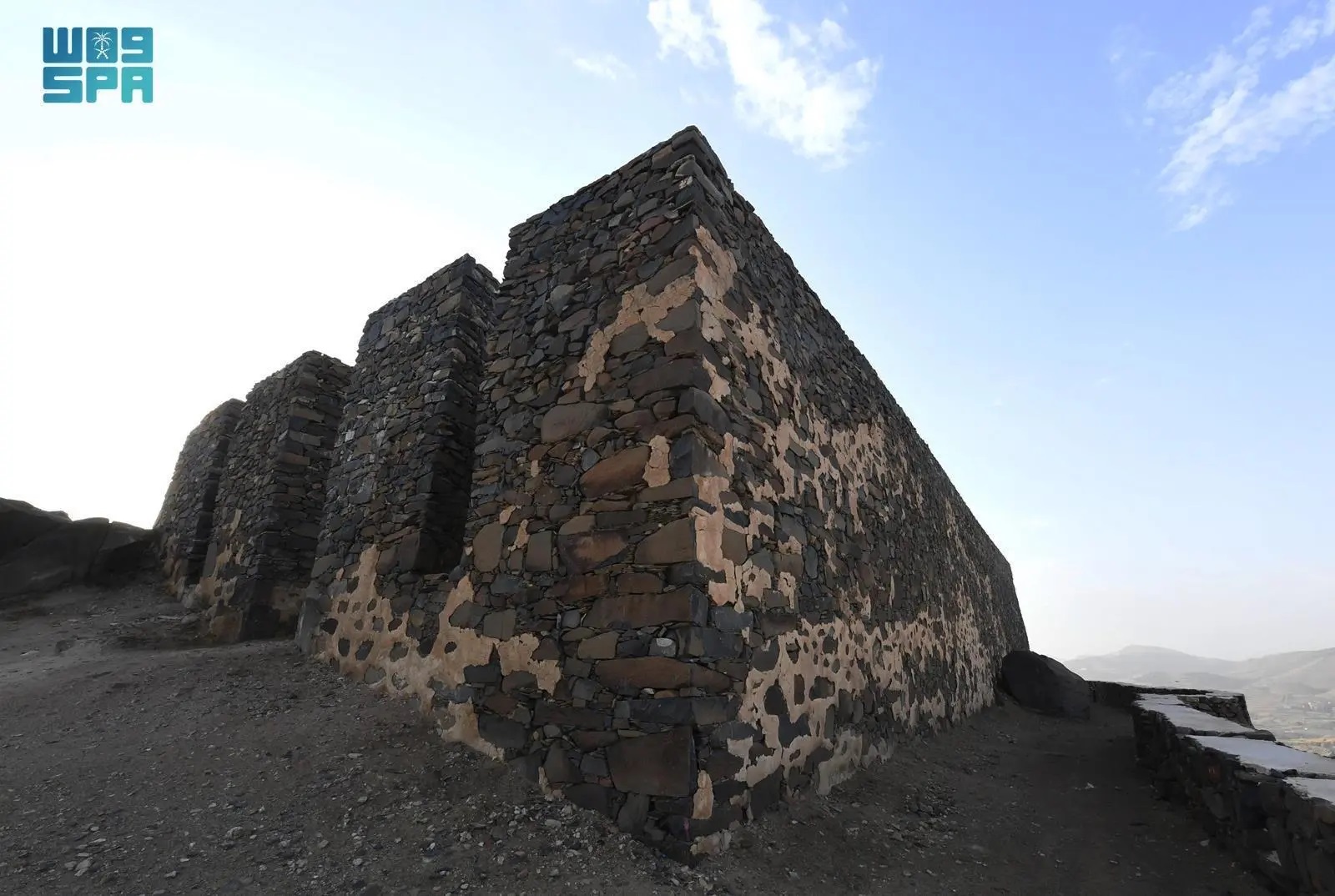
Daql Castle: Abha's Ancient Citadel Reborn After Meticulous Restoration
Daql Castle, a prominent archaeological landmark in Abha, has been revitalized following a comprehensive restoration project by the Heritage Commission, under the Ministry of Culture. This initiative aims to establish the castle as a significant heritage and cultural destination in Aseer Region.
Strategically located in the northwestern part of Abha, perched atop a mountain around 2,342 meters above sea level. This vantage point allowed it to monitor roads traversing the surrounding mountain ranges. Researchers estimate its construction dates back over 110 years.
The restoration involved rebuilding collapsed sections of the castle walls using original local stones while preserving traditional design elements. The project also included cleaning passages and internal areas.
The castle was built on solid rocky terrain, which influenced its architectural layout. It features a rectangular design measuring 43.6 meters in length and 16 meters in width, with a semi-circular northern facade. Natural slopes and rocks reinforced its defensive fortifications.
The castle comprises three main units: a command and control unit, soldiers' housing, and a service unit, divided by a central corridor. It also includes a large stone furnace, used for baking bread for stationed troops, and an underground silo for preserving grains.
Local builders constructed the castle using materials available in its environment. These included erosion-resistant granite, juniper trunks for roofing, clay, reeds, and imported gypsum. A final gypsum layer on the exterior walls added aesthetic appeal and prevented water leakage.
Following further project phases, Daql Castle will open, inviting visitors to experience its rich heritage. This initiative is set to boost Abha's heritage profile and highlight the cultural significance of Aseer's archaeological gems.








